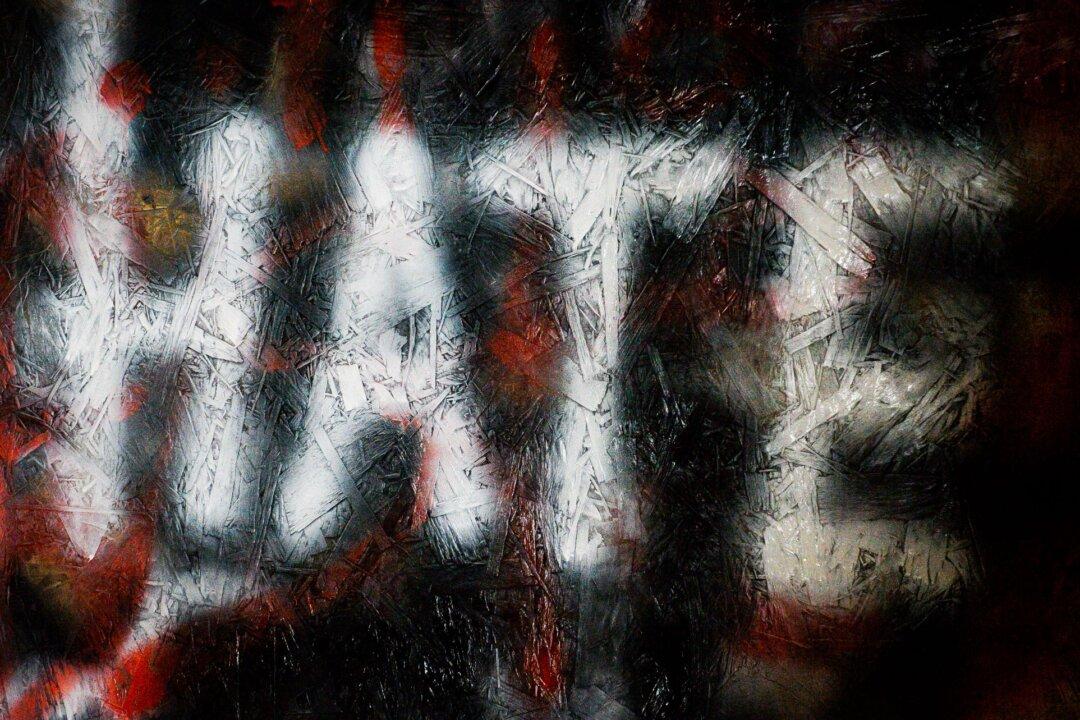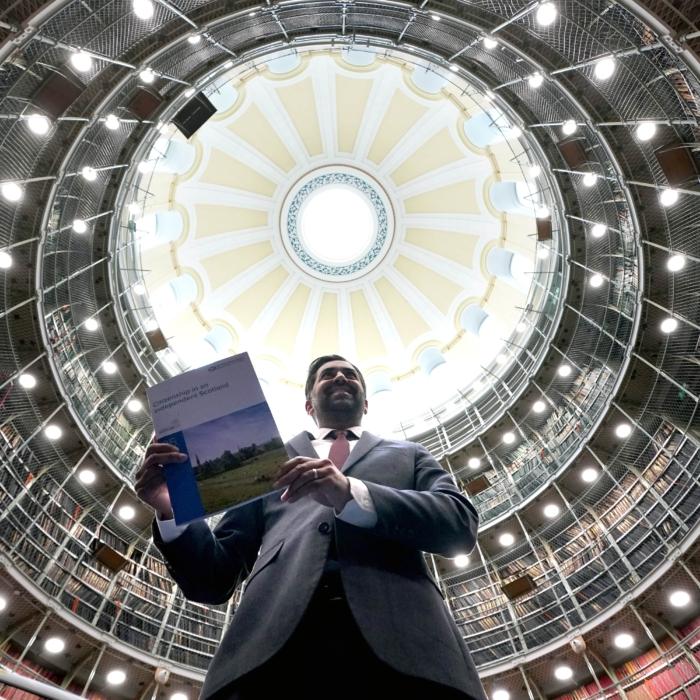Opponents of the Hate Crime and Public Order (Scotland) Act, which comes into force on Monday, say people could become the subject of witch hunts like in the McCarthyite era in the United States in the 1950s or the Cultural Revolution in China.
The legislation creates a new offence of “stirring up hatred” against people with certain so-called protected characteristics, which include age, disability, religion, sexual orientation, or transgender identity.
Stuart Waiton, the founder of SUE, said, “As the Hate Crime Act comes into force and universities become part of the McCarthyite hate-monitoring framework, the potential impact on academics, academic freedom, and a climate of open debate is chilling.”
Mr. Waiton, a senior lecturer at Abertay University and an expert on the criminalisation of everyday life, said, “With the implementation of the Hate Crime Act we could find staff and students being tarred with the label of ‘hate’ and blacklisted from myriad jobs based on anonymous complaints in universities.”
She was accused of “making offensive comments and behaving in a disrespectful manner during class discussion” and was investigated by the university authorities before eventually being cleared.
Minister Confirms Misgendering Online ‘Could Be Investigated’ by Police
On Monday Scotland’s minister for victims and community safety, Siobhian Brown, confirmed people who refer to a person’s anatomical sex rather than their self-identifying gender online “could be investigated” by Police Scotland.She told BBC Radio 4’s “Today” programme: “It would be a police matter for them to assess what happens. It could be reported and it could be investigated, whether or not the police would think it was criminal is up to Police Scotland.”
Ms. Brown insisted, “There is a very high threshold which is in the act which would be up to Police Scotland, and what would have to be said online or in person would be threatening and abusive.”
But the law has already been criticised by free speech campaigners and especially by feminists and those who have gender criticial views, such as the author JK Rowling, who lives in Edinburgh.
Last month Ms. Rowling wrote on social media platform X, “If you genuinely imagine I’d delete posts calling a man a man, so as not to be prosecuted under this ludicrous law, stand by for the mother of all April Fools’ jokes.”

The new law has also been criticised by Elon Musk and Joe Rogan.
But one of the more surprising critics is veteran gay rights campaigner Peter Tatchell, who said, “With anonymity being granted, this could open the door to vexatious and malicious complainants who will go after people and use the third-party centre as a way of getting back at people.”
Police Superintendents Fear Law Will Be ‘Weaponised’
They wrote to the Scottish Parliament’s Justice Committee, saying they feared the law would be “weaponised” by an “activist fringe.”Scotland’s First Minister Humza Yousaf said, “I would say to anybody who thinks they are a victim of hatred, we take that seriously, if you felt you are a victim of hatred, then of course reporting that to police is the right thing to do.”
“If you’re thinking about making a vexatious complaint, if you’re thinking about making a complaint and there’s no merit in that, then do know that the police will take that seriously in terms of tackling vexatious complaints, and so I would urge you not to do it,” he added.
Mr. Yousaf insisted the legislation contained a “triple lock” that would protect freedom of speech.
But the Scottish Police Federation has claimed officers have not been given sufficient training on how to investigate complaints made under the act.
Russell Findlay, the Scottish Conservatives’ justice spokesman, said, “Officers would rather tackle real crimes and keep communities safe, rather than having to investigate malicious and spurious complaints.”
“Humza Yousaf should bin his Hate Crime Act and instead divert resources towards frontline policing which is at breaking point,” he added.
The Scottish Government has also been criticised for not including women among those with protected characteristics.
Mr. Tatchell called it an “astonishing exclusion” but Ms. Brown said they planned a specific bill to outlaw misogyny, which would be laid down in the Scottish Parliament later this year.







